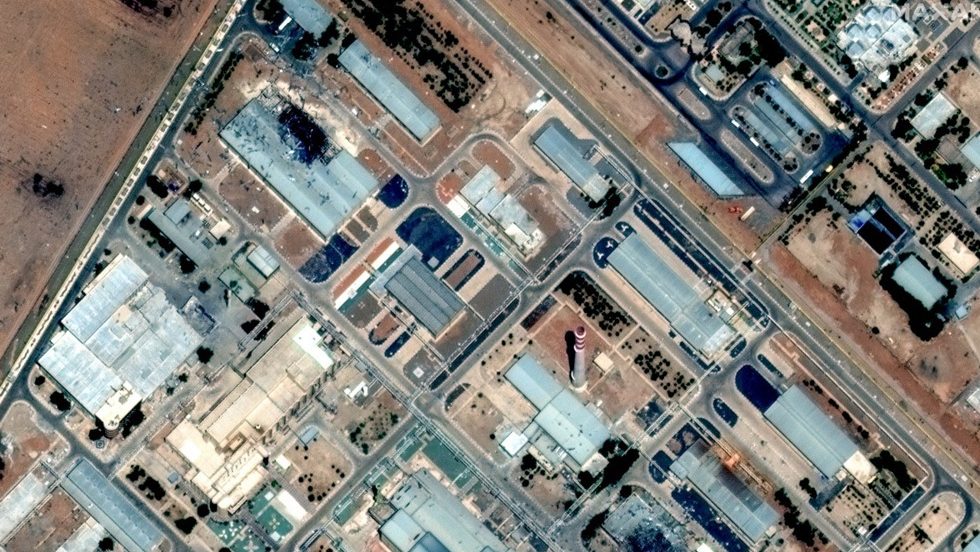The conflict between Israel and Iran has escalated following Israeli strikes on Iranian nuclear and military targets, prompting Iranian missile attacks on Israeli cities. Iran claims to have evidence of American support for Israeli attacks, while Israel emphasizes its goal to prevent Iran from acquiring nuclear weapons. The conflict has resulted in significant casualties on both sides, including civilians, raising concerns about a broader regional escalation. The international community calls for de-escalation, while economic consequences are already visible through rising oil prices and financial market instability. Nuclear program negotiations have been canceled, and Iran has announced its withdrawal from a key nuclear non-proliferation agreement.
Political Perspectives:
Left: Left-leaning sources tend to emphasize the humanitarian impact of the conflict, highlighting civilian casualties and the risks of regional escalation. They often call for diplomatic solutions and criticize military actions by both sides, stressing the need for international intervention to prevent further violence.
Center: Centrist sources focus on balanced reporting of the conflict, presenting statements from both Israeli and Iranian officials. They highlight the strategic motives behind the attacks, the role of the US, and the economic consequences globally. They also report on the cancellation of nuclear negotiations and the potential for further escalation.
Right: Right-leaning sources emphasize Israel’s right to defend itself against Iranian aggression and the threat posed by Iran’s nuclear program. They often highlight the support of the US and allies for Israel, framing the conflict as a necessary action to prevent nuclear proliferation and protect regional security. They may also stress the failures of diplomacy and the need for a strong military response.








